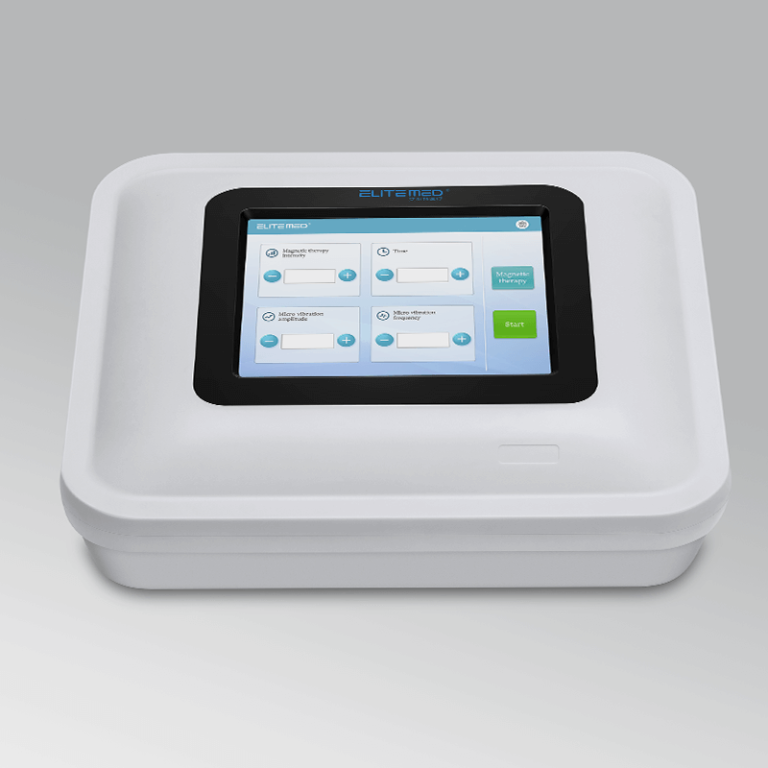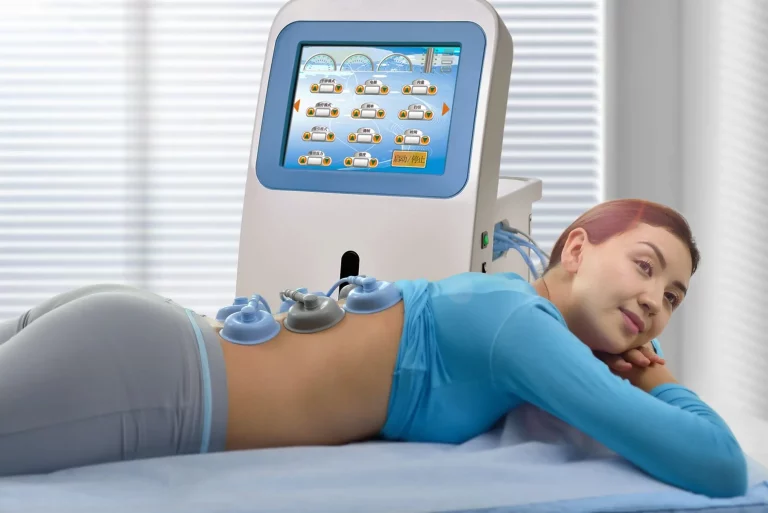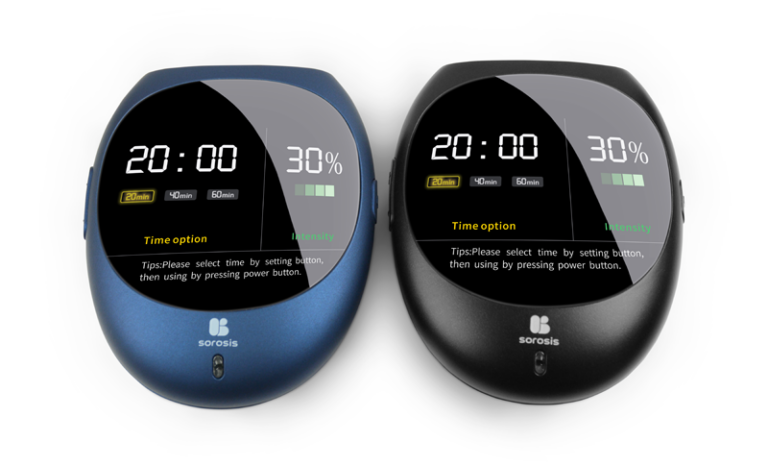A TMS machine (Transcranial Magnetic Stimulation machine) is a non-invasive medical device that uses magnetic pulses to stimulate specific areas of the brain. Originally approved by the FDA for treatment-resistant depression, TMS therapy is now being used—and studied—for a wide range of mental health and neurological conditions. In clinical physiotherapy settings, devices such as the Physiotherapy Transcranial Magnetic Stimulation Machine TMS Machine are increasingly used to aid recovery and enhance treatment outcomes.
TMS Machine Treatment Applications
| Condition | FDA Approved | Clinical Use Notes |
| Major Depressive Disorder (MDD) | Yes | First-line TMS application; widely used in psychiatry |
| Obsessive-Compulsive Disorder (OCD) | Yes | Requires specialized targeting; effective in many treatment-resistant cases |
| Anxiety Disorders (such as Generalized Anxiety Disorder) | Off-label | Although not yet FDA-approved, TMS therapy is increasingly used in clinical practice for anxiety-related conditions and has shown encouraging results in early studies |
| Post-Traumatic Stress Disorder (PTSD) | Off-label | Used clinically in some centers; supported by early research |
| Migraine with Aura | Yes | Approved for acute use; often with portable home-use devices |
| Chronic Pain (e.g., fibromyalgia) | Experimental | Under study; mixed evidence in trials |
| Smoking Addiction | Yes | Clinically used for reducing cravings; supported by FDA-approved protocols |
| Parkinson’s, Autism, Alzheimer’s | Experimental | Research ongoing; not approved for standard clinical use |
How the TMS Machine Works
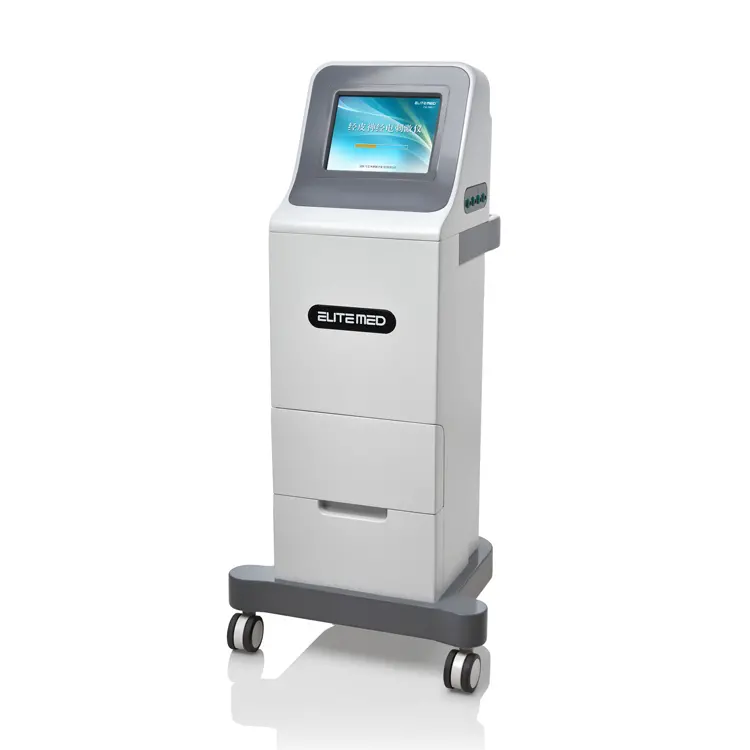
TMS machines generate focused magnetic pulses delivered through a coil placed on the patient’s scalp, which stimulate specific brain regions. This process alters brain activity, helping alleviate symptoms of various conditions like depression, anxiety, and chronic pain.
- Non-invasive and Convenient– TMS therapy requires no surgery, no sedation, and no recovery time, making it a patient-friendly, non-invasive option that fits easily into most daily routines.
- Painless– The magnetic pulses used in TMS therapy are typically painless, although patients may feel a light tapping sensation on their scalp during the session. Any discomfort is usually mild and short-lived, and most patients tolerate the treatment well.
- Targeted Treatment– One of the key benefits of TMS is its precision. The therapy targets specific areas of the brain associated with conditions like depression, allowing for effective and focused treatment without affecting other parts of the brain.
- No Need for Medication– Unlike pharmaceutical treatments, TMS does not come with the risk of medication-related side effects like weight gain or sexual dysfunction. This makes TMS an attractive alternative for individuals who have experienced negative side effects or insufficient relief from traditional medications.
For clinics looking for a reliable option, the Factory Direct E-TMS Series Transcranial Magnetic Therapy Apparatus offers a precise, effective, and affordable solution for patients.
Safety of the TMS Machine
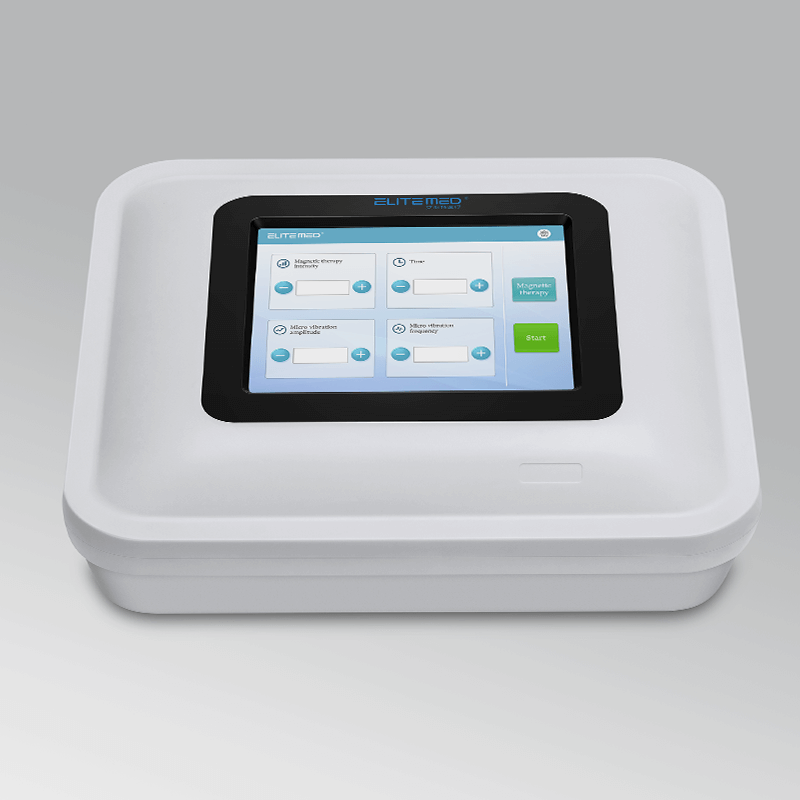
TMS therapy is widely recognized as a safe and well-tolerated treatment, with most patients experiencing only mild, short-lived side effects—if any. Here’s a breakdown of the safety profile:
- Minimal Side Effects– The most common side effects are mild scalp discomfort or a tingling sensation during the procedure. These effects typically go away shortly after the session ends.
- Occasional Headaches– Some patients may experience mild headaches after treatment, but these are generally temporary and can be relieved with over-the-counter pain relievers.
- No Long-term Side Effects– Unlike traditional medications, TMS does not cause long-term side effects like weight gain, sedation, or sexual dysfunction.
- No Cognitive Impact– TMS does not affect memory, concentration, or cognitive function, making it a safer choice for those concerned about impairments that can arise with other therapies.
In summary, TMS therapy offers a safe, non-invasive treatment with minimal side effects, making it a highly effective option for those seeking relief from mental health conditions without the risks of long-term medication use.
Conclusion
The TMS machine is reshaping the future of non-invasive brain therapy, offering new hope to patients with treatment-resistant mental health and neurological conditions.
At ELITEMED, we are dedicated to offering advanced TMS solutions that help improve patients’ quality of life. If you’re interested in learning more about our TMS machines or would like to discuss treatment options, please contact us today for further assistance.

